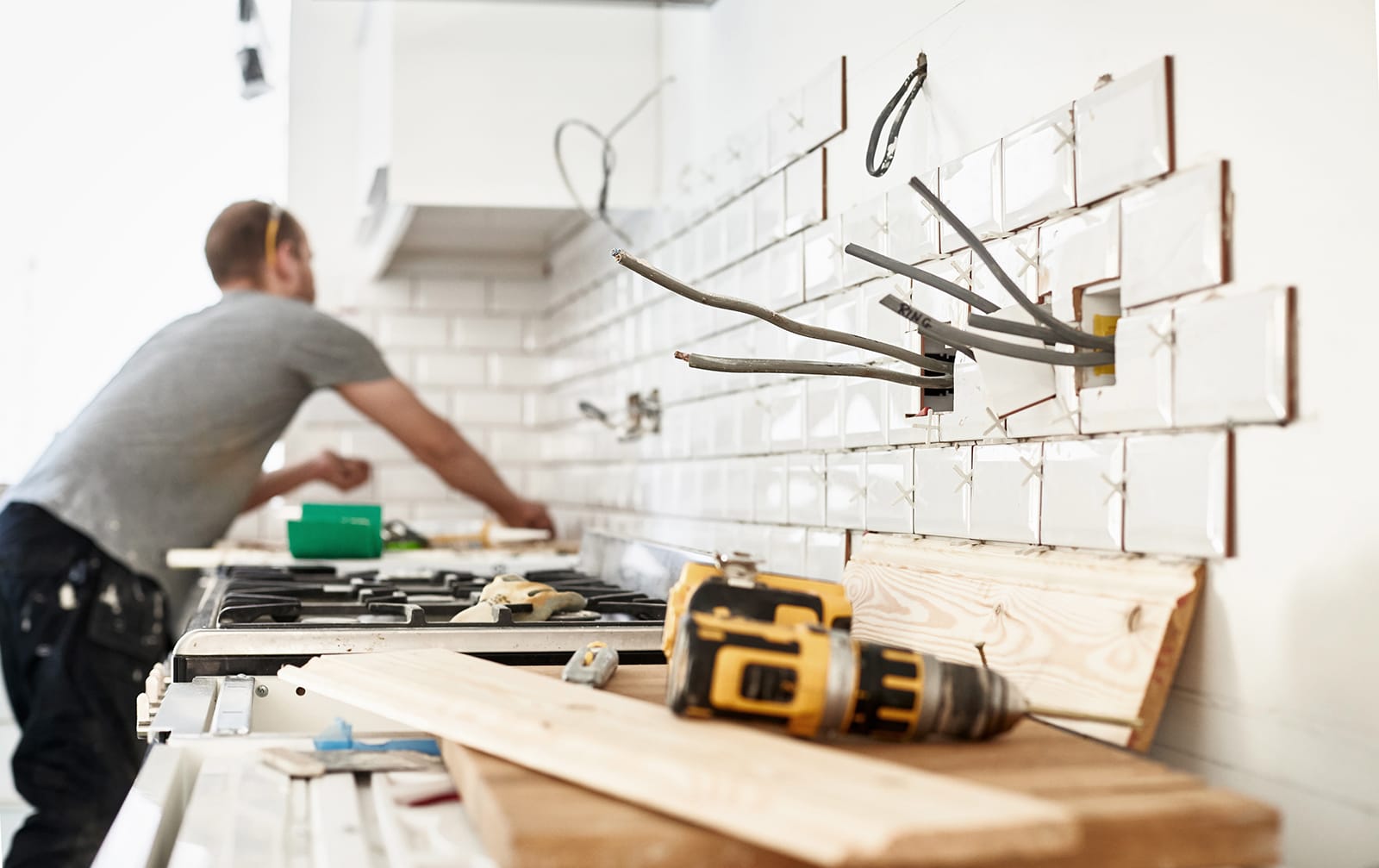Since the Muster family bought their house ten years ago, interest rates have started to rise again. They need to assess the future interest rate market and thus their choice of follow-up financing carefully. By making a repayment, they will save the mortgage interest on this sum. Alternatively, they could opt for the cheap SARON mortgage and finance future higher interest rates with the available assets.
The fact that the couple has freely available funds gives them a high degree of flexibility. Perhaps there are good reasons for investing in stocks, other securities or in private retirement provision over the long term, for example. And don’t forget that homeowners are often well advised to invest in a financial cushion. If major renovations are needed one day, such as a new heating system, these can easily be financed from this reserve. These would all be valid arguments for not paying off more than is required.
But the amortization of a mortgage has also demonstrated its value, literally: anyone who pays off their debts then owns a larger part of the house. And if the value of real estate should ever fall, amortization is also an advantage. Financing a lower proportion of the lending amount with borrowed capital means increased financial security for the owner and borrower later on.





